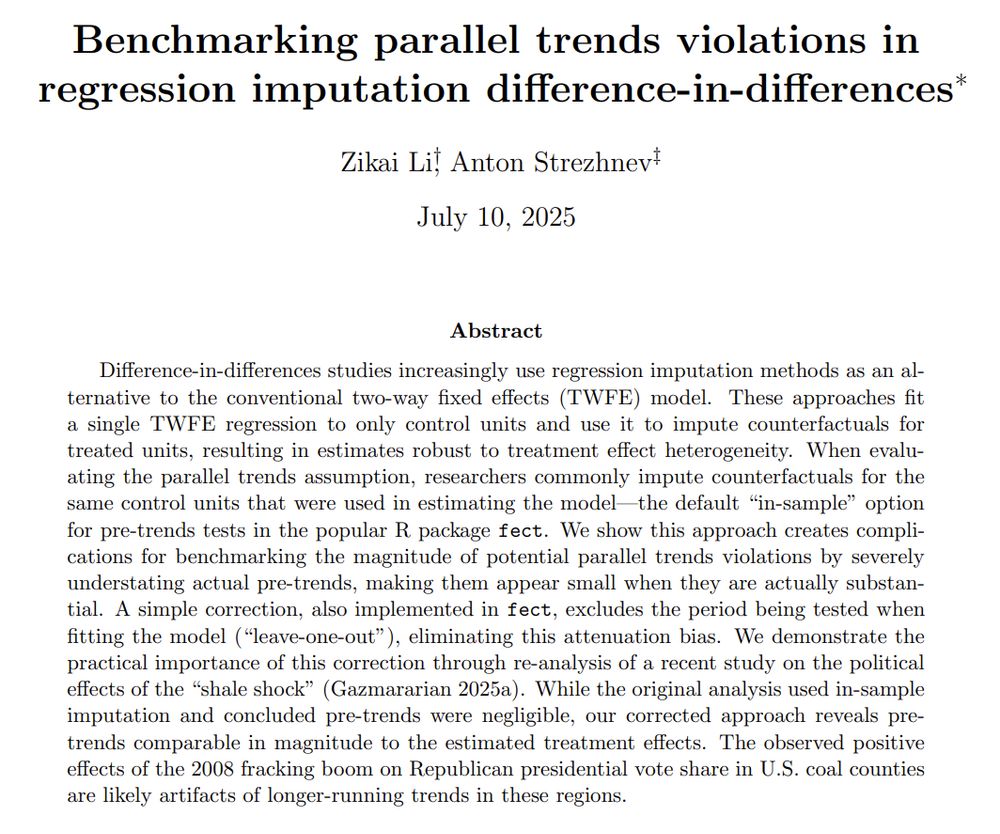Zikai Li
@tzkli.bsky.social
360 followers
110 following
18 posts
PhD student in political science at the University of Chicago
Posts
Media
Videos
Starter Packs
Reposted by Zikai Li
Zikai Li
@tzkli.bsky.social
· Jul 18
Zikai Li
@tzkli.bsky.social
· Jul 18
Zikai Li
@tzkli.bsky.social
· Jul 18
Zikai Li
@tzkli.bsky.social
· Jul 18
Zikai Li
@tzkli.bsky.social
· Jul 18
Zikai Li
@tzkli.bsky.social
· Jul 18
Zikai Li
@tzkli.bsky.social
· Jul 18
Zikai Li
@tzkli.bsky.social
· Jul 18
Reposted by Zikai Li
Zikai Li
@tzkli.bsky.social
· Nov 14
Zikai Li
@tzkli.bsky.social
· Nov 14






